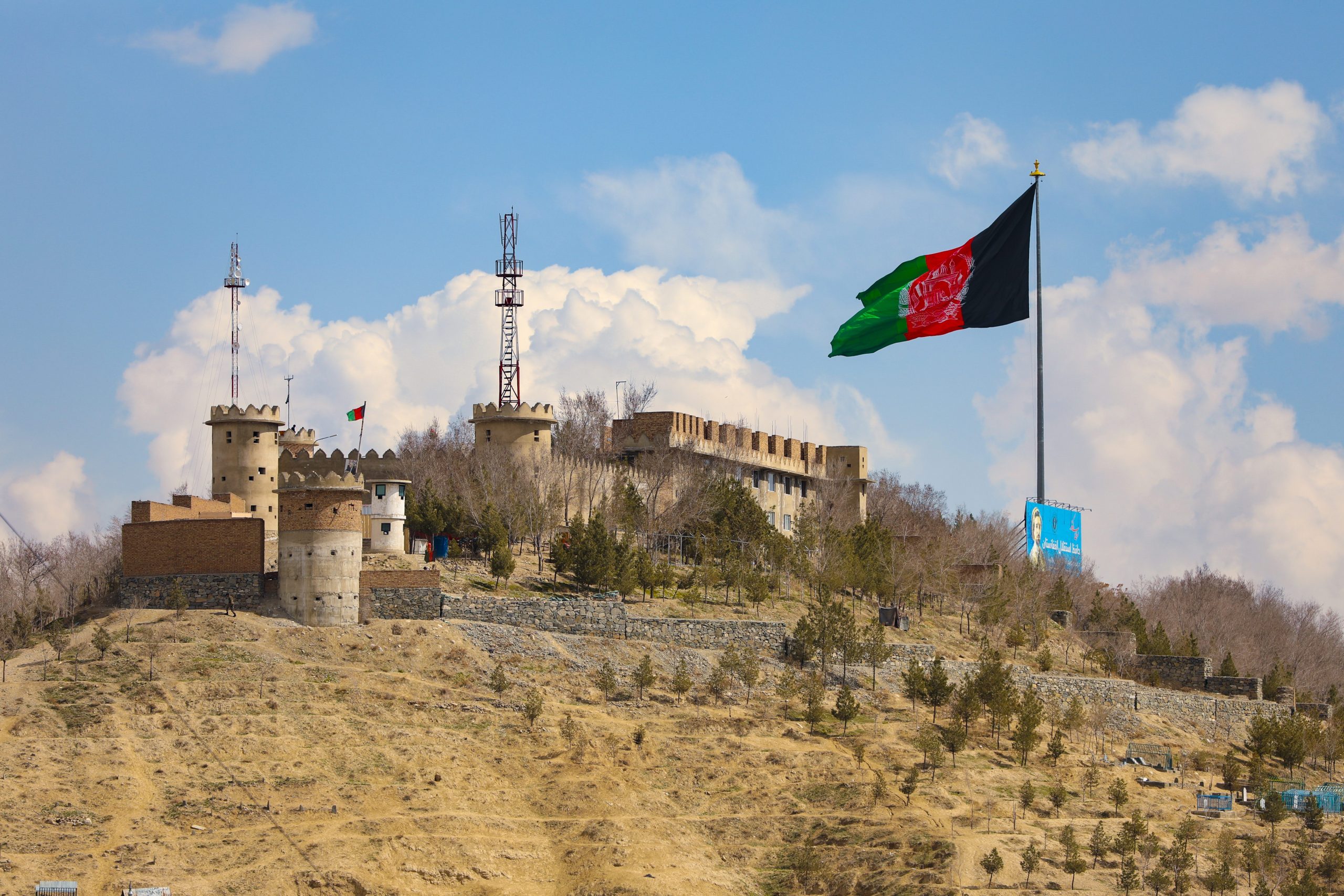The second meeting was held in February but the Taliban government did not participate in it.
Under-Secretary-General for Political and Peacebuilding Affairs, Rosemary DiCarlo, visited Afghanistan May 18-21 and met with the officials of the Taliban government, including Foreign Minister Amir Khan Motaghi, and invited them to send their representatives to the Doha meeting.
Abdul Kabir, the deputy prime minister for political affairs of the Taliban government, said after meeting with DiCarlo that the previous meeting in Doha had "shortcomings" and was "incomplete". He said that he hopes that the conditions of the Taliban government will be accepted in the upcoming meeting in Doha so that their delegation will participate in it.
The Taliban government wants Afghanistan's seat to be handed over to it and also opposes the appointment of a special representative for Afghanistan according to the UNSC resolution.
As it was said, this is not the first meeting on Afghanistan. But why have so far these meetings made no palpable outcomes?
The UN's ambiguous stance
A majority of the meetings on Afghanistan held so far are arranged or sometimes hosted by the UN, but the problem is that this international body's stance on the Taliban rule of Afghanistan is unclear. Actually, the UN does not consider the Taliban government in Afghanistan as legitimate on the one hand, and on the other hand, it is negotiating with it. The appointment of the UN special representative for Afghanistan shows the critical stance of the UN towards the Taliban. On the other hand, the UN has not yet been able to reach a clear conclusion about the legal representative of Afghanistan, and therefore the Taliban, as the ruling group in Afghanistan, still does not consider itself committed to the UN.
Therefore, one of the reasons the Afghanistan-related meetings are fruitless is the UN's ambiguous stance on the Taliban and Afghanistan situation.
Wide gap between slogans and reality
Also, there is a long distance between the West's slogans about Afghanistan and today's reality of this country. Many people with knowledge of international affairs suggest that it is hard to draw an understanding between the interim government of the Taliban and the Western slogans about Afghanistan. In fact, European countries and the US stress on principles and concepts about Afghanistan that were not realized even during the occupation of Afghanistan by the US, and in the current situation, it is very unlikely that the interim government of the Taliban will reach an agreement with the West on some of these concepts. Issues such as women's freedom and some other Western freedoms were not implemented even during the American occupation period. So how do Western countries expect the Taliban to implement some of these slogans? This gap has caused Western and European countries and the UN not to reach a significant result about Afghanistan in international meetings.
Akram Arefi, a university professor and international affairs expert in Kabul, told journalists that the previous Doha meetings failed to produce the expected results, adding: "In the second meeting of Doha, there emerged differences among the countries, broadening the gap among the countries, the UN, and the interim government of Afghanistan." Arefi stated that the common points between the interim government of Afghanistan and the international community are far away and the interim government is trying to adjust its domestic and foreign policies based on its religious beliefs and values for which they have fought for years, but the West wants something else.
"Contrary to the values that the interim government of Afghanistan emphasizes on, the UN and Western countries insist on other values, that's why the frameworks of understanding between the two sides in the third Doha meeting are distant from each other.
Mutual distrust
Additionally, there is a mutual distrust between the
Taliban-ruled Afghanistan and the international community. Western
countries and many others are yet to accept the Taliban as legitimate
rulers and power holders in Afghanistan, and on the other side, the
Taliban itself does not very much trust foreign countries. The Taliban
are even pessimistic about the efforts of the international community
because they believe that these efforts are aimed at expanding the
influence of the West in Afghanistan affairs in order to once again gain
a foothold in Afghanistan. The continuation of this situation has
caused the meetings held by the Western actors and other international
actors on Afghanistan over the past years to go nowhere.
/129

